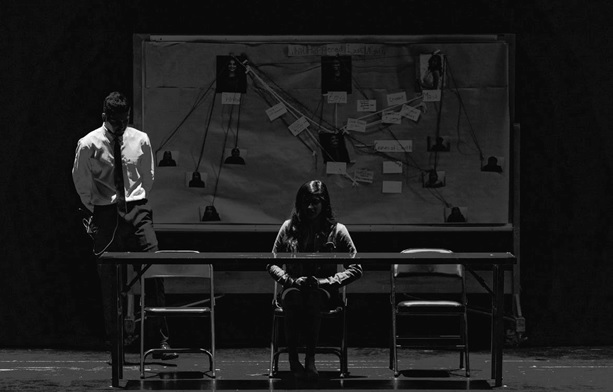You may have seen many movies portraying custodial interrogations. From what they show, it’s all about a policeman and suspect locked up in a small room with a table and chair lying in the center and a basic light fixture hanging from the center of the ceiling.
In reality, however, custodial interrogation is miles apart from what’s usually shown on the screens. Ahead, we’ve discussed everything you should know about custodial interrogations and there determining factors.
Understanding Custodial Interrogations
Custodial interrogation refers to an interrogation session performed while the suspect is in custody. Now, many people associate being in custody with handcuffs and locked rooms. However, custody means that you’re deprived of your freedom to act as you please by the police. Custodial interrogation involves asking direct or cross-questions from the suspect in custody. It may also include certain actions or comments by the police officers that may trigger the suspect to speak the truth.

Factors Determining a Custodial Interrogation
Image Filename: handcuffs-hands-custodial-interrogation-questioning
Image Alt-Text: Custodial interrogations aren’t necessarily conducted with handcuffs unless the police have the reason to believe that the suspect can flee.
Every interrogation with the police isn’t custodial. It depends on how compelling and intimidating the environment was during the interrogation. Here are some factors that the courts of law consider to specify an interrogation as a custodial one.
Who was interrogating?
A custodial interrogation depends on who was asking the questions. Whether it was a police officer or a prison guard? Were they authorized to conduct the interrogation? Were they armed or unarmed? A court will consider the identity of the person taking the interview to determine the intimidation level. For instance, a court wouldn’t consider an unarmed postal inspector as intimidating as an armed officer.
How many interrogators were present?
If more than one officer is interrogating, it’s considered to be more compelling.
Who else was present other than the interrogator(s)?
If there are family members or friends present at the place of interrogation, it’s less likely to be considered custodial by the court.
Who was the initiator?
If a crime suspect walks up to a police station to ask questions from an officer, it won’t be considered a custodial interrogation.
Did the officer read the Miranda to the suspect?
“You have the right to remain silent. Anything you say can and will be used against you in a court of law. You have the right to speak to an attorney and to have an attorney present during any questioning. If you cannot afford a lawyer, one will be provided for you at government expense.”
The above is a standard Miranda warning that the officers should recite to the suspects held for interrogation. If the suspect isn’t informed of these constitutional rights before the questioning, the court won’t consider it a custodial interrogation, and none of the statements made during the interrogation can be used as evidence.
Several other factors determine whether an interrogation was custodial. If you were held for a custodial interrogation by the police, seek help from our bail bondsmen in Marshall County, Pulaski County, Jasper County, Allen County, Lake County, and Steuben County, in Indiana. At DeLaughter Bail Bonds, we provide 24-hours bail bond services to make sure we’re there for you when you need us.
Contact us for more information.




